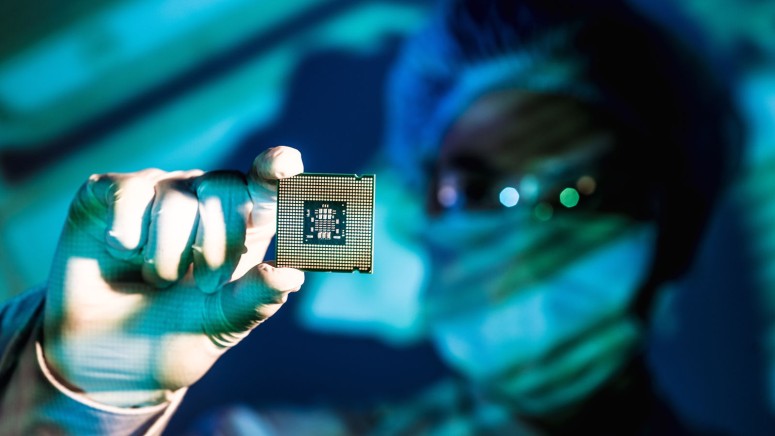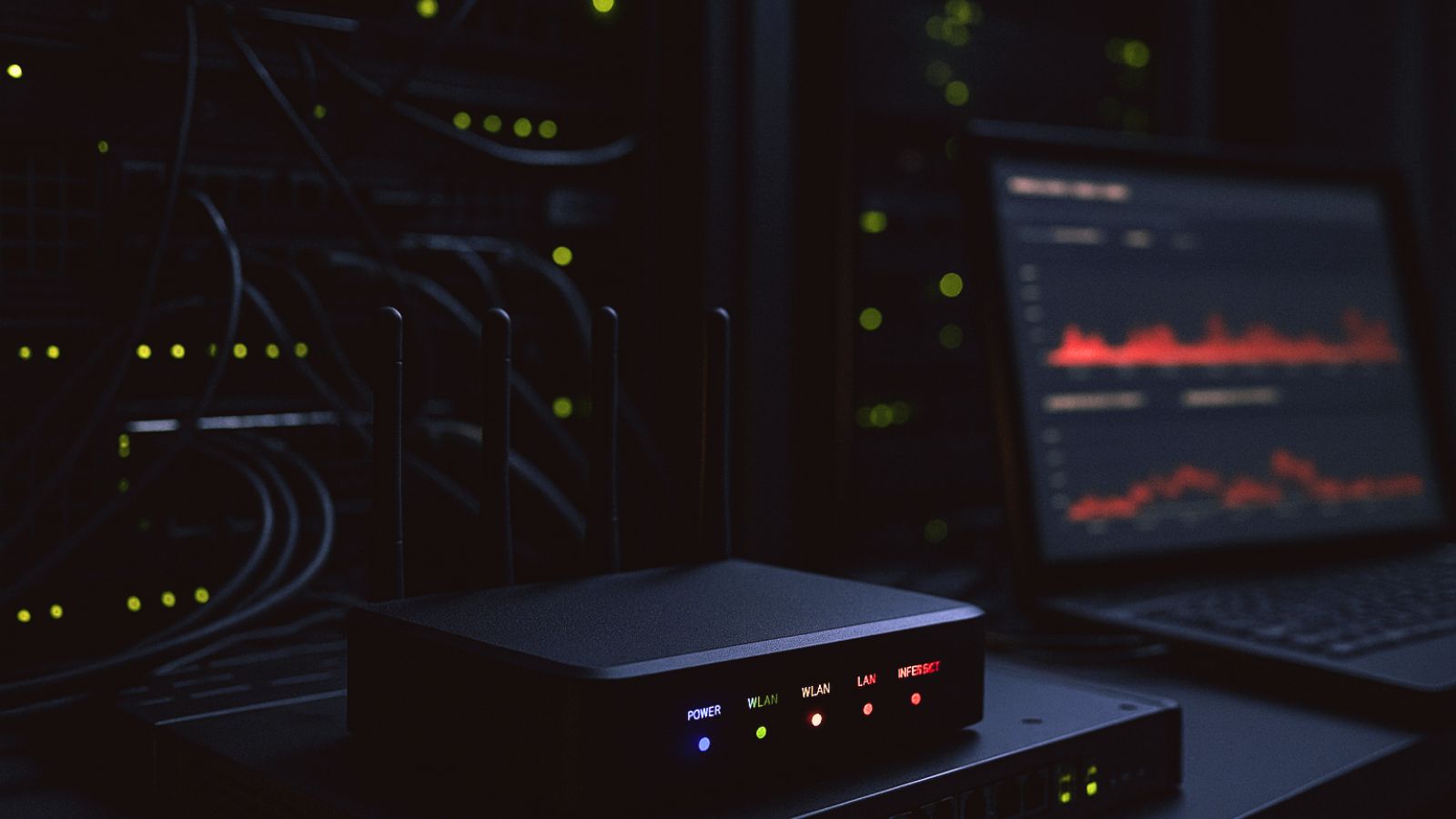
Intel Goes All in With Powerful 10th Gen H-Series Mobile Chips
- Intel introduces more models on the 10th gen H-Series, and they’re more powerful than anything we’ve seen before.
- These gaming CPUs are meant to perform at lighting speed while staying power-efficient.
- This is an answer to the AMD Ryzen 4000 for mobile platforms, especially the top of the range.
Although laptops aren’t the most crucial topic that could be bothering your mind during your home-staying days of Coronavirus, the CPU wars are currently taking place on the mobile battlefield, and we can’t ignore them. Intel has just answered to AMD’s release of the Ryzen 4000 chip series, and their answer comes in the form of sheer power. The new models that have been unveiled now concern the 10th generation of its “Core” processors, codenamed “Comet Lake,” so they are built on the older 14nm process. These new laptop chips are the beefiest we have ever seen, yet they remain at an acceptably low TDP rating of 45 Watts.
The new H-Series models consist of the following processors:
As you can see on the above table, the base frequency of the new chips is nothing to write home about, yet when the processors are pushed, they can surpass 5 GHz. Intel has based this massive boost on a new system called “Thermal Velocity Boost,” and it is only available for as long as the chip remains below 65 degrees Celsius (149 Fahrenheit). These frequencies, combined with eight cores and up to 16 threats, make these models real beasts.
These chips target gaming laptops, and the fact that they won’t come with the Iris Plus integrated graphics won’t be a deal-breaker, as gaming laptops come with a dedicated GPU. It just so happens that Nvidia has also just announced its new RTX Super GPU range for mobile platforms, promising better power efficiency through low-voltage GDDR6, upgraded regulation systems, and a new Deep Learning Super Sample system (DLSS 2.0).
Other benefits that come with the new H-Series models include Wi-Fi 6 and Thunderbolt 3 support, as well as Intel's Optane memory. It promises to increase system responsiveness further and speed up the various task completion times, from booting and moving large files, to launching apps and loading games.
As for which laptops are going to introduce these new processors to the market, ASUS, MSI, and Gigabyte have already revealed that they're planning to launch new models in the next couple of weeks, so stay tuned. If you want our advice on the matter, you should wait for a while to see how Intel's latest offerings compare in real-life tests with AMD's top-range Ryzen 4000 in terms of battery life, as this is still crucially important for laptops.







